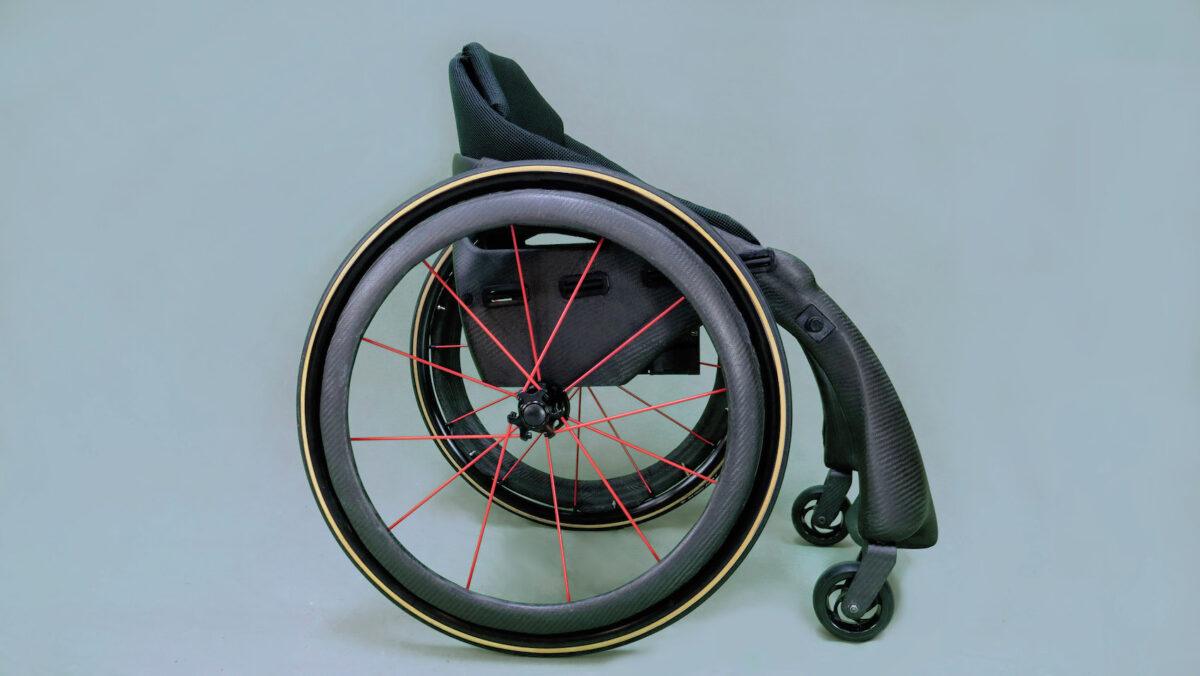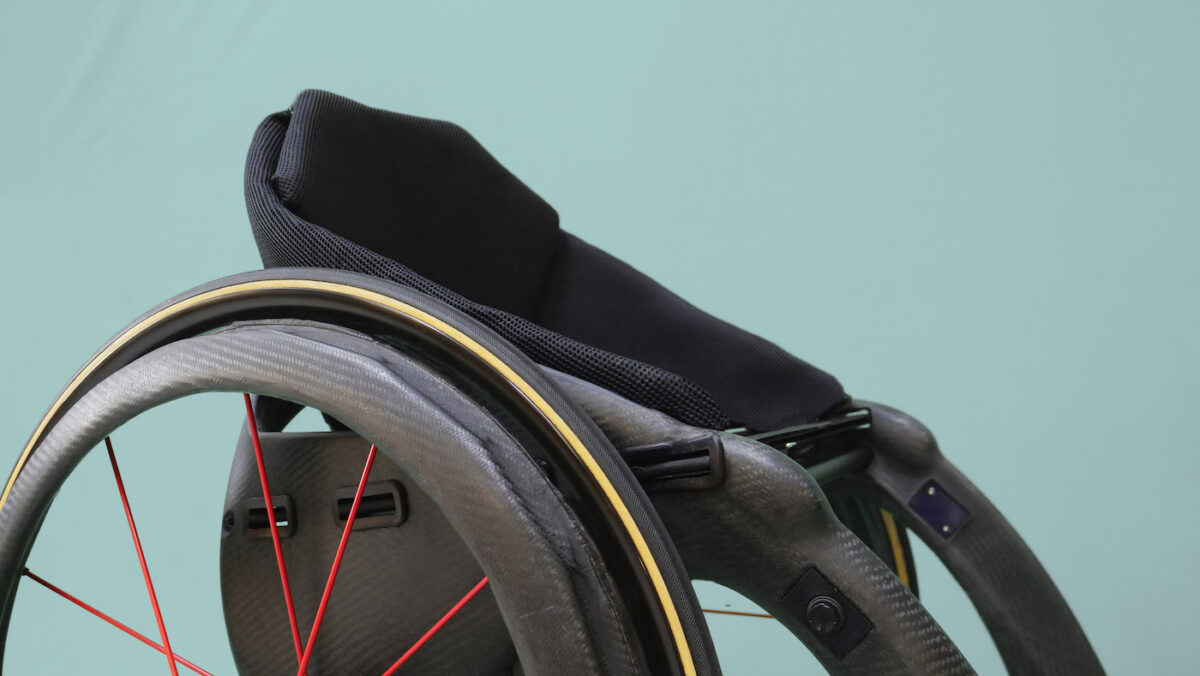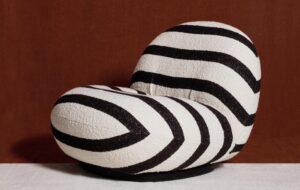UK firm Phoenix Instinct will receive funding to bring the wheelchair to market

The winner of the Mobility Unlimited Challenge has now been announced with Phoenix Instinct from the UK receiving $1 million (£734,775) to further develop their intelligent ultra-light carbon fibre wheelchair and bring it to market, with the aim of improving lives in the disability community.
The Toyota Mobility Foundation launched the global challenge in 2017 in partnership with British foundation Nesta, in a bid to drive innovation in the field of assistive technologies for people with lower-limb paralysis. The Challenge called for engineers, innovators, and designers from around the world to submit designs for devices, integrated with the latest technologies, to enhance the mobility and independence of users. Over 80 teams from 28 countries around the world entered.
The University of Pittsburgh’s Human Engineering Research Laboratories (HERL) led the assessment of the entries and provided mentorship. The winner was chosen by an international panel of expert judges, including disability advocates, doctors and technology specialists.
Designed by Phoenix Instinct, the Phoenix i wheelchair uses intelligent systems to automatically adjust its centre of gravity, making the ultra-lightweight carbon fibre frame extremely stable and easier to manoeuvre. It uses front-wheel power-assist to reduce painful vibrations and minimise strain on the user. The chair’s intelligent powered braking system automatically detects when the user is going downhill and adjusts to manage the user’s descent.

‘The wheelchair as we know it has been technologically unchanged for decades,’ says Phoenix Instinct founder Andrew Slorance. ‘The funding we received through the Challenge allowed us to prove smart technology makes for an easier to use and safer wheelchair with the potential for a suite of new features. With the prize money we can now advance this work and bring the Phoenix i wheelchair to the consumer.’
The four other finalists in the Challenge include: The Evowalk by Evolution Devices, a smart simulator worn below the knee which uses AI to support muscles and aid in rehabilitating walking; Qolo by researchers at the University of Tsukuba, a standing mobility device that integrates exoskeleton and wheelchair functions; Quix by IHMC & MYOLYN, a powered exoskeleton offering agile upright mobility; Wheem-i by Italdesign, a wheel-on semi autonomous electric device that provides ride sharing for wheelchair users.
Professor Linamara Battistella, physical and rehabilitation medicine doctor at the University of São Paulo – and one of the judges – says: ‘I believe the Mobility Unlimited Challenge was an opportunity to foster technological development thinking about the future of assistive technology, not only its current context. Devices delivered thus far and the award are not the end of the Challenge. We are assisting in building an innovation ecosystem that is truly supportive of human functioning.
I am sure the assistive technology community will be able to benefit from the products and services that are the major outputs of the Challenge, but would also like to see the spillover effects of all the technological progress the teams made during the past three years in other areas, such as manufacturing techniques and e-health strategies.’

















